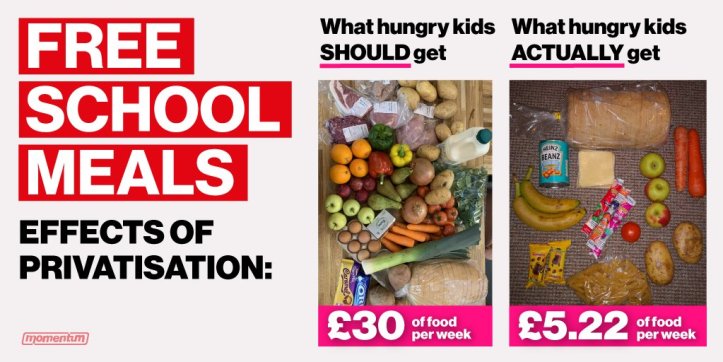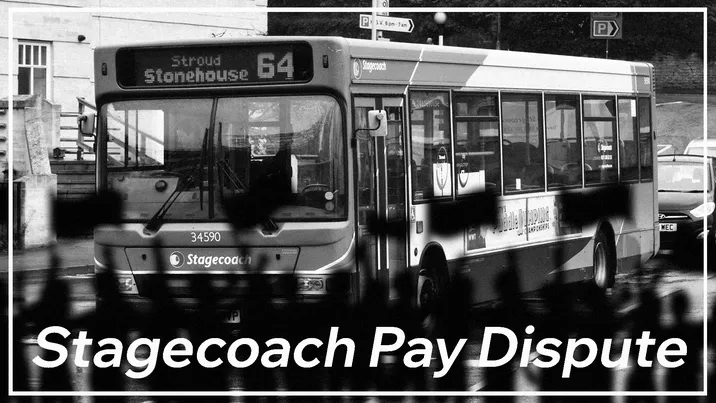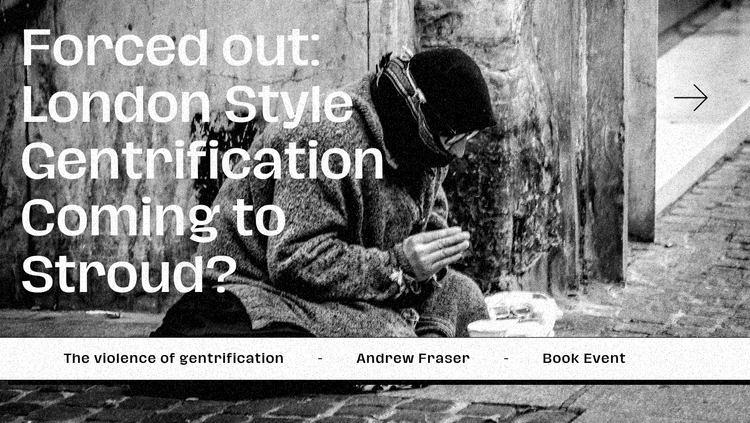‘Simply inadequate’ and ‘meagre’: private companies under scrutiny as local residents impacted by Free School Meal provisions

By Cassius Smith-Frazer and Jamie O’Dell
Another day, another outsourcing scandal. When the UK went back into lockdown on the 6th of January, Boris Johnson made a point of promising that free school meals would continue to be provided to struggling families. However, over the past few days pictures began to crop up on social media from food parcel recipients revealing the meagre quantity of food actually being provided. Private companies have been contracted to supply packages equivalent to £15 or £30 vouchers for 5 or 10 days worth of lunches. Many families have, however, have been receiving amount of products which have provided significantly less than this amount. Presumably, a portion of the money is going towards servicing private profits.
Last year, the government was twice forced into embarrassing U-turns on the provision of free school meals to kids in food poverty. Stroud residents left scores of empty plates outside Stroud MP Siobhan Baillie’s office in protest at her abstention on a vote to provide free school meal vouchers during holidays. Now, the government has again been forced to address the package scandal. From Monday, schools will have the option of returning to the original summer lockdown scheme of £15 per week supermarket vouchers.
In all three cases, the U-turns have been attributed to grassroots campaigning, publicly spearheaded by Manchester United footballer Marcus Rashford. These campaigns demonstrated both a national appetite for solidarity and, when organising and leadership is present, the political power such efforts can wield to hold the government to account. As we move forward, they serve as a model for confronting similar issues in the future.

To see whether the national pattern of failure has been repeated locally, Amplify undertook an investigation into the quality of free school meal food packages provided in our district. We reached out to a local community organisation involved with the logistics of distributing bundles. We were told that their experience does indeed reflect the wider story, and they provided us with the following statement:
“We have been working closely with our wonderful local schools to help provide food for families. We are currently helping to deliver the school lunch boxes for the latest lockdown which are provided by catering companies – and we have been shocked by the meagre content of the boxes. We understand that the catering companies have had it fed back to them that the boxes are simply inadequate to feed a child by both the schools and the public, we are hopeful that next week will see an increase in both quality and volume.”
Those we spoke to were keen to stress that no fault lies with schools themselves. Rather, for those without in-house capacity, catering companies are contracted by the local authority. In our district’s case this is Gloucestershire County Council, who contract Caterlink.
The issue here is with extractive private companies being able to make a profit through giving people such inadequate food hampers rather than, for example, the government providing vouchers that give parents more agency and respect and/or ensuring community organisations can provide accessible and quality food to all. To tackle this, as Laurie Davies has argued for Amplify Stroud, we also need to develop a deeper understanding of the systemic causes of poverty which manifest within our communities and build a response based on solidarity, rather than notions of charity. This means we have a greater sense of collective care whilst voting for politicians who don’t think the current situation is acceptable.
This whole incident is yet another instance of the rip-off outsourcing bungles which have become a regular feature of pandemic. Last year, we reported on the government’s PPE procurement debacle. Firms with Tory links and little PPE procurement experience, such as ex-Tory town councilor Steve Dechan and his company P14 medical, were given lucrative contracts. The National Audit Office found government tendering to have been insufficiently competitive, favouring MPs personal contacts. This pattern speaks to deeper, structural issues in our economic system.
It’s important that we understand that the UK’s exceptionally bad pandemic outcome is the result of 40 years of mass privatisation. Campaigning and collective outrage have forced an immediate change on this issue, and this is the first step. However the systemic roots of the problem persist and until this changes, we are likely to remain stuck in a cycle of outrage, retreat, and repetition. The next step in tackling the underlying causes is to increase support for public ownership campaigns such as We Own It.
Despite the government u-turning on the provision of vouchers, they are now planning to not provide free school meal support during February half term and readers who rightly feel outraged may want to take action. We recommend writing to your local MP, Siobhan Baillie in the case of Stroud, demanding they act to pressure the government can be an effective action to deal with the immediate problem of food security, alongside supporting local groups, such as the Long Table, G11 Community Hub, and local food banks, who are doing incredible and essential work to tackle local food insecurity.






Member discussion